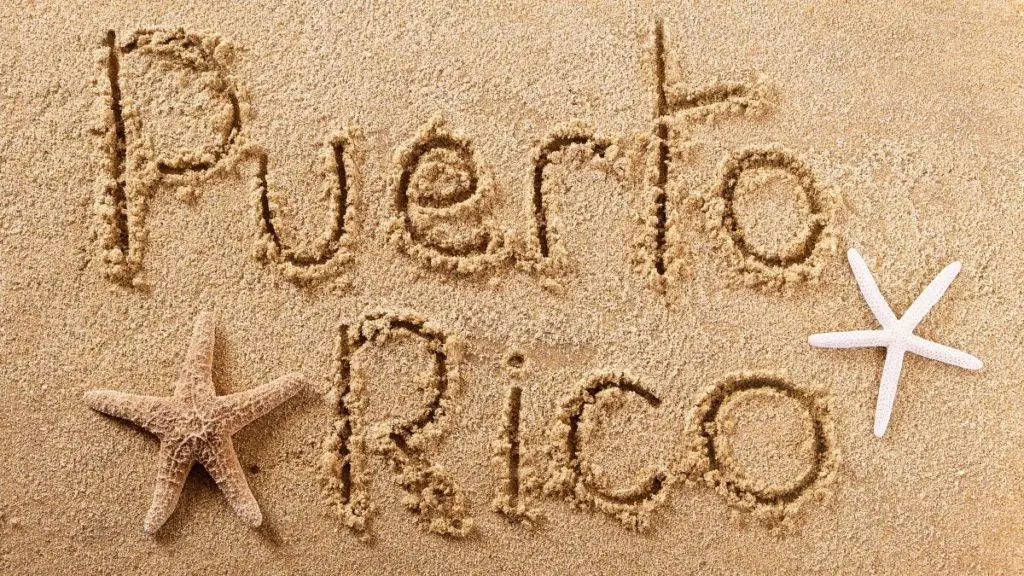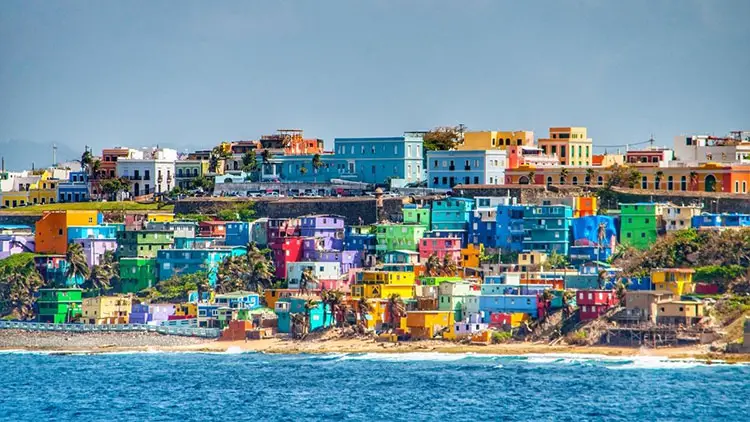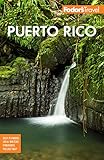Puerto Rico, with its friendly people, white beaches and lush rain forest is an ideal place to visit or retire. Aging there could mean relying on your long-term care options there.
We’ve covered the long-term care options in Mexico, Panama, and other countries. Now we turn our eye to Puerto Rico.
Location and Climate
In September 2017, Hurricane Maria tore through the little island destroying infrastructure, homes and lives. Today the country has rebuilt and recovered making the island even better than before.
Puerto Rico is a sort after retirement destination due its warm climate, beautiful beaches and close proximity to the United States. It is a small island situated between the Dominican Republic and the Virgin Islands. It is part of an island chain in the Caribbean but is a US territory.
Transportation in Puerto Rico
Public transport is available in the large cities, especially in San Juan (the capital) which has a metro and Uber. The metro rail, Autoridad Metropolitana de Autobuses have extensive routes within San Juan as well as routes to the beaches. Rates are set and schedules are regular.
The base fare is $1.50 and the metro runs from around 5am to 9pm. For the rest of the country there are buses, minibuses, ferries and taxis but there is very little outside the major towns. There is no rail system between towns and buses are time consuming and uncomfortable. Cars can be hired but prices are steep especially during the tourist season.
Mini buses, p’ublicos, are a good alternative to driving your own car. They can be found in most towns across the country and can even be used to get between towns. Their drawback is that the driver may stop many times to pick up and drop off passengers, which may make your journey slow and frustrating. This also makes the fare inconsistent.
On the other hand, most roads are well maintained, and they drive on the right side of the road. Road signs are the same as US mainland but writing is mostly in Spanish. Roads may be windy and there are the odd potholes but, despite this, traveling by car is definitely your best bet.
You may use your home country driver’s license for 120 days, thereafter you need to apply for a Puerto Rican driver’s license. If you are not planning on living in one of the major cities, it is advisable to own your own car. You can ship your car to Puerto Rico.
Puerto Rico’s Medical Benefits
Health care services in Puerto Rico are similar to those in the United States. Approximately half of Puerto Rico’s 3.2 million population is poor and depends on public health service. Recipients are referred to the appropriate level of health care by public health care system professionals and do not get to choose for themselves.
Hospitals and clinics are well equipped and doctors and specialist are of a high standard. Due to a shortage of medical staff, there can be long waiting times at public hospitals. Private health insurers are available and charge a fraction of the price that that they do in the US.
According to the Health Services Facilities Directory, there are 66 hospitals in Puerto Rico of which 52 are private, 13 public and one federal. Since the Covid 19 pandemic many of the private hospitals have come under financial strain and have failed to provide for their clients. The following were voted the best hospitals in Puerto Rico by U.S.News: Ashford Presbyterian Community Hospital and Auxilio Mutuo Hospital in San Juan, and Bella Vista Hospital in Mayaguez.
The main difference between mainland US and Puerto Rico when seeing a doctor is that doctors do not take patients by appointment in Puerto Rico, but rather you have to go in and put your name on a list. The doctor will see patients in the order the names appear on the list. You may leave and come back when your name is nearing the top of the list.
Cost of Living
Puerto Rico has a high cost of living. The cost of living is about 13% higher than mainland United States. This is due to the Jones Act of 1920 which states that all goods must be shipped to the United States and then reshipped to the island by US transport.
Groceries are priced a good percentage higher in grocery stores with a kilogram of potatoes costing $3.37 and a liter of milk costing $1.66. Roadside produce stands and Mom and Pop stores offer goods at a much cheaper rate. There is also an abundance of markets which offer value for money and a great experience.
Housing is especially expensive being on a par with housing prices in Los Angeles and Miami. The average price of a real estate property in Puerto Rico is USD $195 000 which is still less than the average of USD $299,000 for a property on the neighboring Virgin Islands.
Language Barrier
The official languages of Puerto Rico are English and Spanish. Most locals can speak English so there is no need to learn Spanish although being able to speak Spanish may make fitting in easier.
Taxes
A big advantage of retiring to Puerto Rico is that, unlike the mainland US, you do not pay tax on passive income such as social security pension income and retirement funds.
Long-Term Care Options in Puerto Rico
In-Home Care
In-home care is the provision of assistants to help with daily activities in your own home. These can include, shopping, transportation, light housework, companionship, dressing, bathing, medication reminders, exercise, mental stimulation and cooking. There are quite a few companies that offer in-home care in Puerto Rico.
Adult Daycare Facilities
Adult day care facilities offer care and companionship to older adults who need assistance or supervision during the day. These facilities offer relief to family members, enhance self-esteem and encourage socialization. There are only a handful of adult day care centers in Puerto Rico.
Nursing Homes
There are about 44 nursing homes in Puerto Rico. A nursing home provides 24-hour care to people who cannot be cared for at home.
Retirement Homes and Assisted Living
There are plenty of lovely retirement homes in Puerto Rico. These vary in what they offer as some offer frail care and assisted living while others are advertised as retirement resorts.
55+ Active Adult Communities
There are also many active adult communities dotted around Puerto Rico. Follow the link to a lovely site that gives details on all the 55+ retirement communities in Puerto Rico. Ancones Barrio and Bucana’ Barrio in Ponce were voted the best places to retire in Puerto Rico.
Senior Apartments in Puerto Rico
These apartment complexes are age restricted usually starting at 55 or 62 years of age. The age restriction allows the complex to cater for the needs of the particular age group. Some daily assistance is provided with essential necessities and services.
Residency Requirements and Benefits
For US citizens, moving to Puerto Rico is considered an internal migration and not immigration as Puerto Rico is an unincorporated territory of the United States.
To become a bona fide resident of Puerto Rico you need to pass 3 tests:
- You need to be present in Puerto Rico for 183 days of the tax year or 549 days over a 3-year period.
- You should not have a ‘tax home’ outside of Puerto Rico which means it must be your primary residence. You must purchase a property within 2 years and this property must be your primary home and must not be rented out.
- You must not have a closer connection to any other country. Your permanent home, family, bank and belongings must all be in Puerto Rico.
Crime
Many people ask if Puerto Rico is safe. It is safe. Like most areas of the world, there are gangs and drug lords that lurk in the background but have little effect on most upstanding citizens. There is some petty theft due to the 10% unemployment rate but if you lock your car and hide your valuables you will be fine.
Things to do in Puerto Rico
Walking along the beaches and through the rain forests is something you can do repeatedly. A walk through San Juan’s old fort and interesting shops is appealing.
You can take the ferry from San Juan to the Bacardi rum factory.
There are catamaran trips the island beaches where you can snorkel and swim.
There are plenty of guided walks and trips through the rainforest. In conclusion there is plenty to keep you busy if you decide to retire to the beautiful island of Puerto Rico.
Don’t forget to pack the swimwear! There are plenty of bikinis designed for older women to choose from. Suck in the sun’s Vitamin D.
Further Reading
If you want to know more about the long-term care options in Puerto Rico, or are generally considering a move there, consider the following books for more information:
- Fodor's Travel Guides (Author)
- English (Publication Language)





